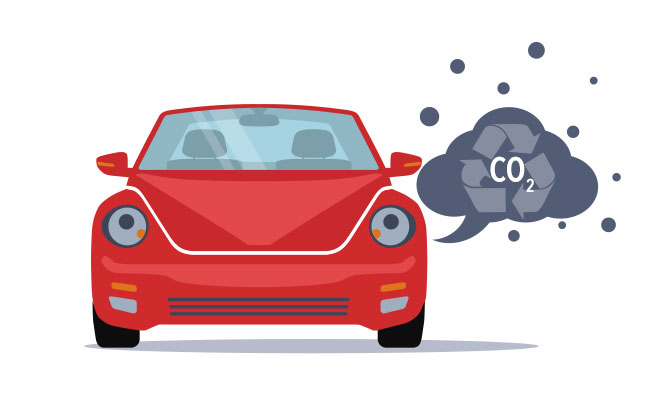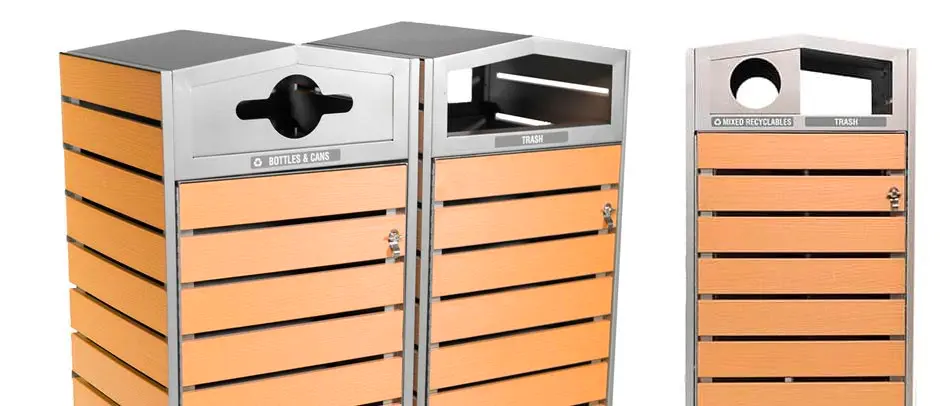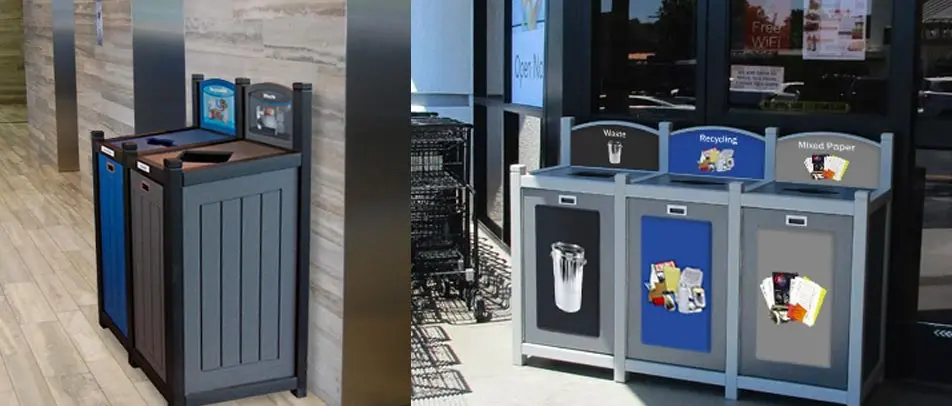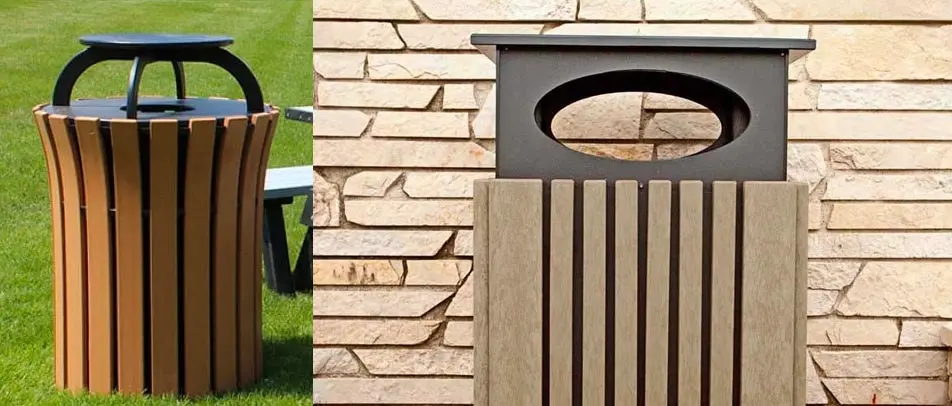
We’re all familiar with ethanol. It’s a kind of alcohol that’s used as a fuel additive that helps us pay less at the pump, and it can even be used as a fuel source on its own. Also, because ethanol is a bio-fuel, its cost is not tied to fluctuating oil prices, which helps create a more stable economy for fuel. The problem has been that ethanol is typically made from corn, which means we’re turning food (and all the effort and energy it takes to grow that food) into fuel.
That isn’t a particularly energy-efficient way of doing things.
However, according to Popular Mechanics, scientists at Oak Ridge National Laboratory in Tennessee may have found a way we can use more ethanol in our cars and fight global warming at the same time.
What if we could run a machine that siphoned CO2 out of the air? Well, we can. The technology is called carbon capture, and it’s been hailed as a way to fight climate change now, as opposed to making changes that will have effects in years to come. However, the question that hung over the technology was what we were going to do with all the CO2 we sucked out of the air. Would we just store it in tanks? How was that going to solve any problems?
Well, what scientists have found is a simple, one step solution that can take this CO2 siphoned out of the atmosphere, and turn it into ethanol. The same kind of ethanol that we would normally make from corn.
What does this mean? Well, it means that one of the most prominent fuel additives we use might soon be made as a by-product of the fight against global warming. This will free up land to be used to grow food crops, and corn can go into people’s mouths instead of their gas tanks. Additionally, it could mean that we’ll have a future where more and more ethanol is used in our cars, but where the price of fuel rarely goes up because the supply has nothing to do with drilling conditions on the other side of the world.

































































































































 Three Ways to Engage Teams and Clients to Maximize Your Recycling Program Engagement
Three Ways to Engage Teams and Clients to Maximize Your Recycling Program Engagement  How to Integrate Accessibility Into Your Sustainability Planning
How to Integrate Accessibility Into Your Sustainability Planning  Why Park Benches Can Promote Workplace Well-Being
Why Park Benches Can Promote Workplace Well-Being 
